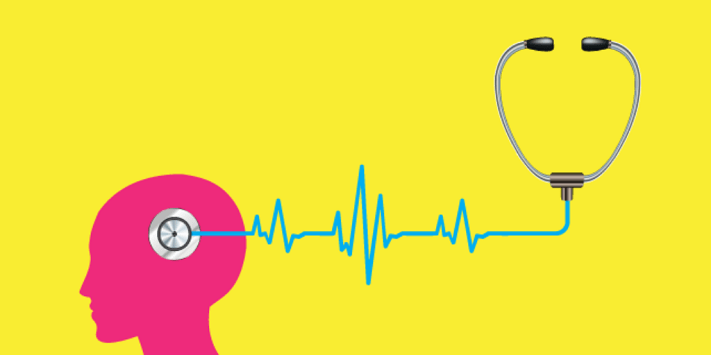Survey finds concerns AND hope to address growing mental health needs due to the covid pandemic
 Digital providers come to the fore to support global mental health during pandemic (press release):
Digital providers come to the fore to support global mental health during pandemic (press release):
Research published today shows how digital providers are coming together to support the mental health needs of millions of users unable to access traditional services during the COVID-19 pandemic.
The authors of this study believe that digital providers can help address delays in mental healthcare, and deliver frontline services by offering support, treatment, and real-time monitoring of mental health. Such services can also detect how people react and respond to events that have an impact on their lives. For example, one peer mental health support network reported a substantial increase in the number of suicidal posts soon after schools closed in England in March 2020.
Co-author, Thomas R Insel, MD, co-founder of Humanest Care, said: “Just as the viral pandemic has accelerated vaccine development, this global crisis has brought together mental health experts from the public and private sector around the world to address what is surely a second pandemic triggered by loss, anxiety, and social isolation. This report captures the scale and scope of this emerging mental health crisis.”
ORCHA (the Organisation for the Review of Care and Health Apps), the world’s leading health app evaluation and advisor organisation, was also a co-author of this paper. Founding CEO, Liz Ashall-Payne, said: “We’ve watched the use of mental health apps increase by over 200% during lockdown. This valuable international project shines a light on a crisis in the making and we must continue to collaborate to ensure citizens are supported in every way possible.”
At the start of the first lockdown, many providers saw an increase in the number of users searching for information and resources about mental health issues … ORCHA observed a 7,500% increase in searches for health-apps related to the prevention of self-harm, a 176% increase for apps dedicated to the management of depression, an 86% increase in searches for mental health apps for the treatment of anxiety, and a 328% increase in searches for apps related to sleep.
The Study:
Early Warning Signs of a Mental Health Tsunami: A Coordinated Response to Gather Initial Data Insights From Multiple Digital Services Providers (Frontiers in Digital Health). From the Abstract:
- Introduction: The immediate impact of coronavirus 2019 (COVID-19) on morbidity and mortality has raised the need for accurate and real-time data monitoring and communication. The aim of this study is to document the initial observations from multiple digital services providers during the COVID-19 crisis, especially those related to mental health and well-being.
- Methods: We used email and social media to announce an urgent call for support. Digital mental health services providers (N = 46), financial services providers (N = 4), and other relevant digital data source providers (N = 3) responded with quantitative and/or qualitative data insights. People with lived experience of distress, as service users/consumers, and carers are included as co-authors.
- Results: This study provides proof-of-concept of the viability for researchers and private companies to work collaboratively toward a common good. Digital services providers reported a diverse range of mental health concerns. A recurring observation is that demand for digital mental health support has risen, and that the nature of this demand has also changed since COVID-19, with an apparent increased presentation of anxiety and loneliness.
News in Context:
- Three ways to protect your mental health during –and after– COVID-19
- The landscape of digital mental health apps: huge unmet needs, quality concerns, app stores asked to ensure transparency
- The National Academy of Medicine (NAM) shares discussion paper to help empower 8 billion minds via the ethical adoption of digital mental health and neurotech
- Ten neurotechnologies about to transform brain enhancement & health


